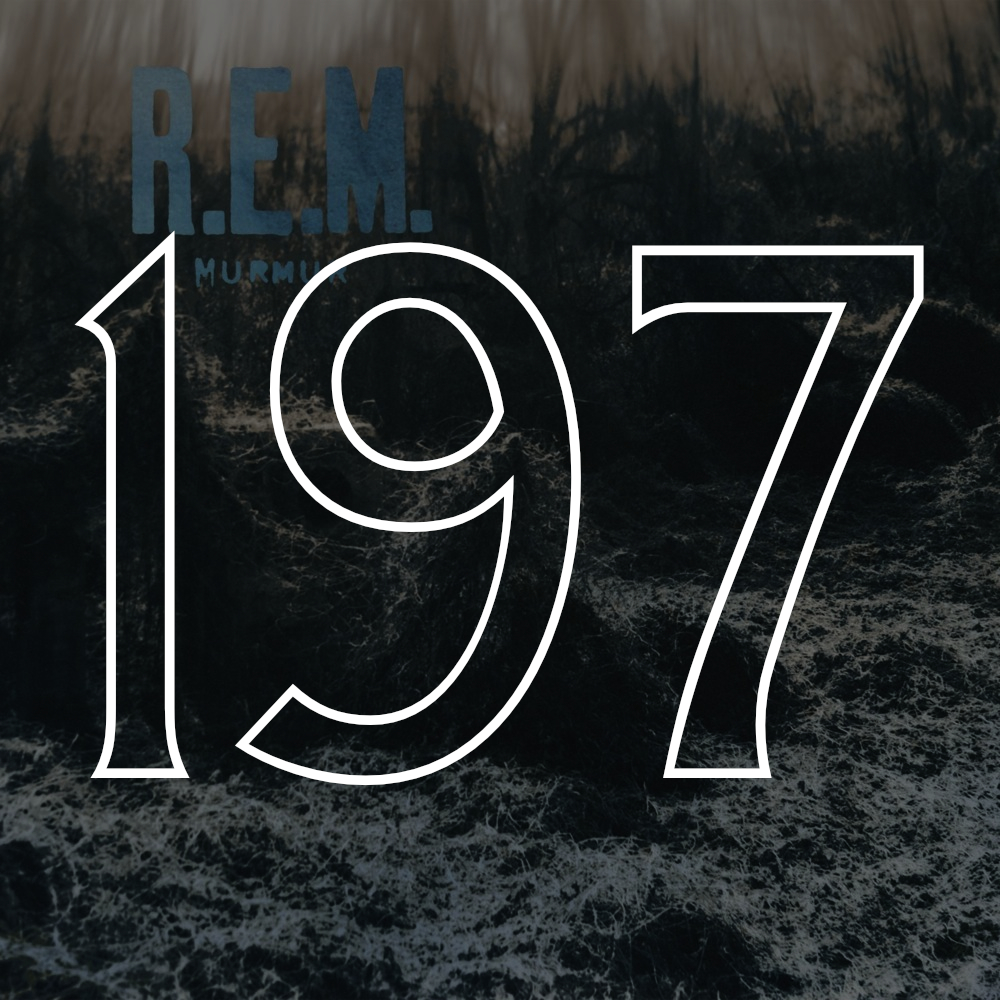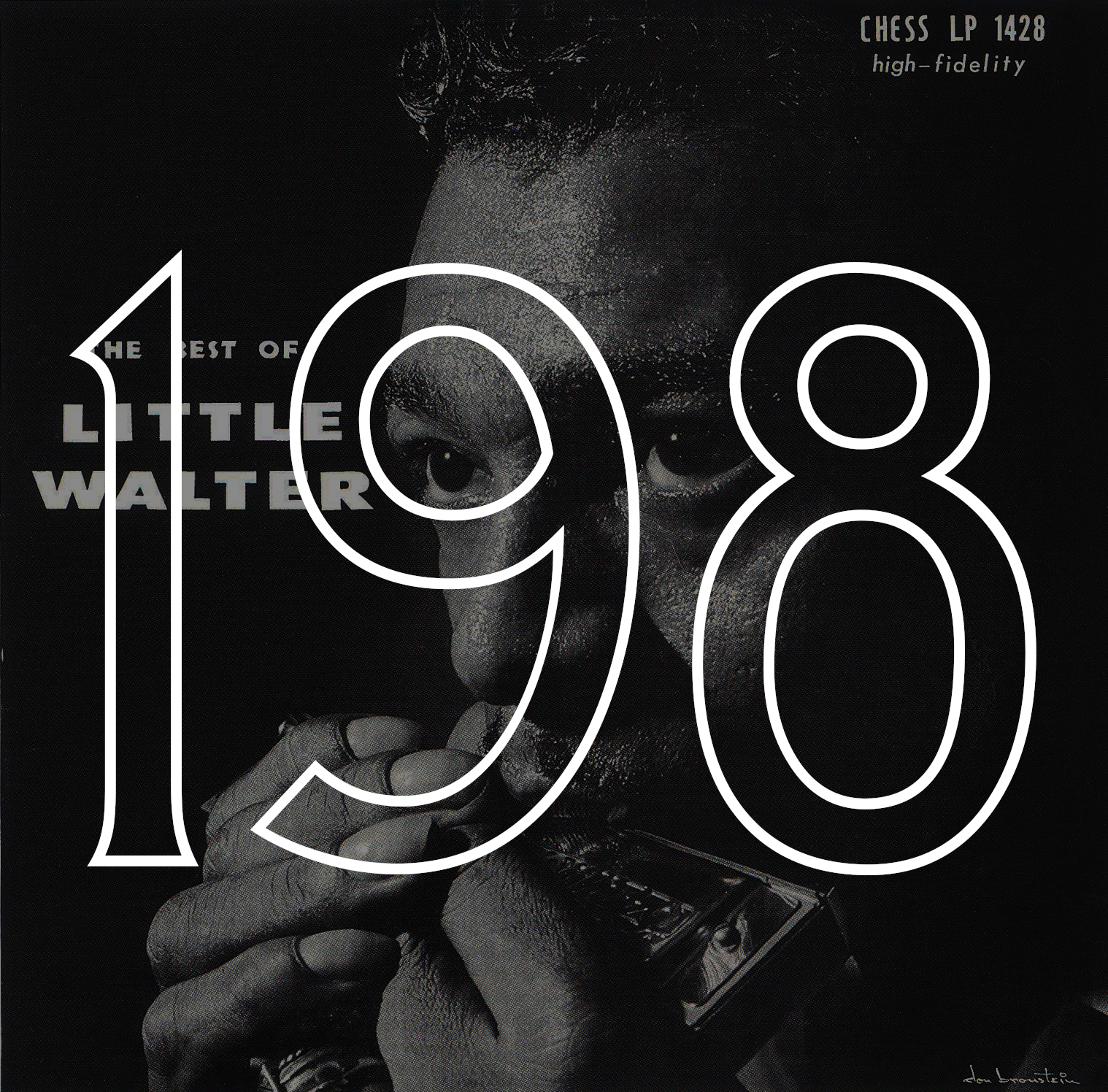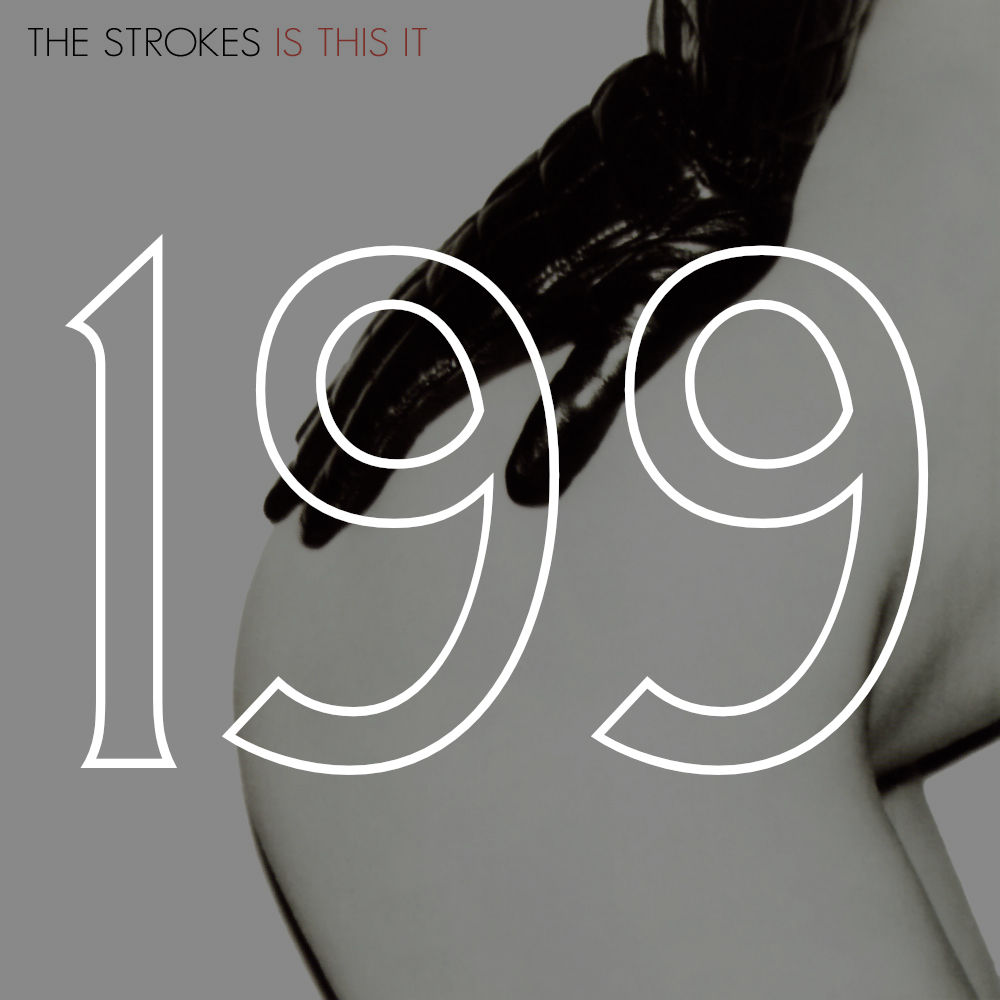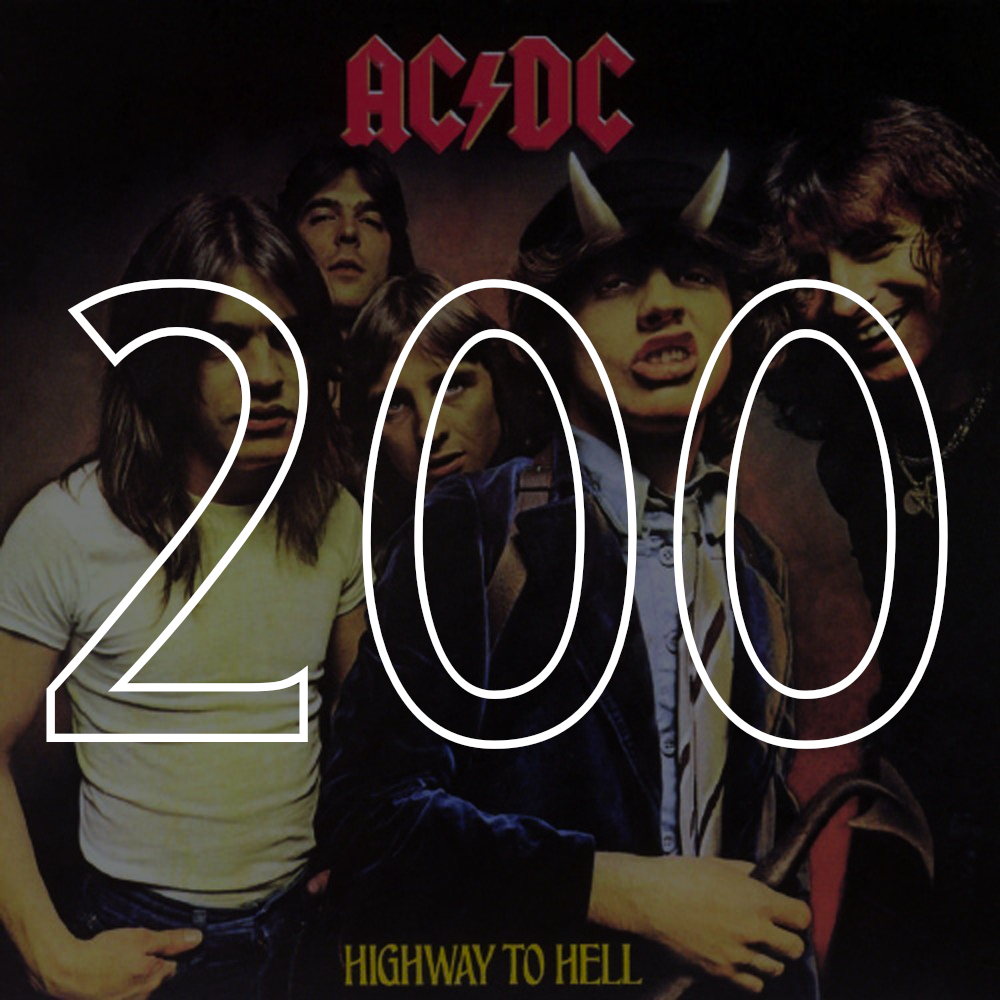#195: John Mayall & the Bluesbreakers, "Blues Breakers with Eric Clapton" (1966)
The smooth guitar sound threw Jim right back to university, nineteen in a questionable shirt, sweating near the stage. As the distinctive vocals kicked in—
"Why's he reading a Beano?" Sally asked, studying the picture on the album sleeve yet again.
"You always ask that," Neil said.
"Dad never answers."
"I swear that's the only reason you ask for this one. I'm sick of hearing it."
"That's enough now," Jim said. "Neil, you can have your choice when Sally's gone to bed."
Jim couldn't imagine asking to listen to his parents' records, clamouring for the Andrews Sisters or Mrs. Mills. Was it simply, as he might argue, that he had such great taste in music that his daughter couldn't fail to respond to it, or had a point been reached where music crossed generations? The new Fun Boy Three single had been on the radio over breakfast and it was another good one. He might even treat himself to the LP, though he guessed he was twice the age of their average fan.
"This is boring old men's music," Neil said. "It doesn't mean anything."
"And punk's so profound, is it?"
"Eh?"
For a moment Neil looked like the confused child he was, and Jim had to remind himself he wasn't talking to his students.
"Punk lyrics, they speak to you do they? All that business about smashing things and Oi! Oi! Oi!"
"The Clash aren't like that."
"No, perhaps they're not."
Neil had saved up from his paper round to buy their new LP but he still didn't have his own turntable and Jim was wondering if he shouldn't step in and buy one for him. Evenings like this, with Neil rolling his eyes at every harmonica break while he waited for the chance to listen to his own music, were getting uncomfortable. Jim thought about pointing out to his sighing son that the Clash had harmonica parts on some of their songs too, but he didn't think it would go down well.
It was a good job Neil hadn't been around in the sixties; what with Bob Dylan and the British blues explosion, it was a boom time for harmonica makers. Even Jim had bought himself a cheap one, warbling away on it while his housemate tried picking out the chords to blues standards on his sister's Spanish guitar. It didn't matter that they weren't much good, it was all about self-expression and authenticity. Less than twenty years later a new generation was going through the same thing, only louder, and with brightly-coloured hair. Jim and his friends thought they were in at the dawn of a new age, the start of something better, but what good had any of their protesting done? Instead of a brighter tomorrow his kids had ended up with Thatcher and another war.
He closed his eyes and drifted away on Have You Heard, head swaying against the antimacassar. He was faintly aware of fidgeting on the rug at his feet, and Sally's muffled giggles.
"Ask him," Neil whispered.
He knew his kids were laughing at him, he might be aloof but he wasn't unobservant. He wouldn't have dared laugh at his father. So maybe this was what all the protests had been about, the right of children to prick their parents' bubble.
"Dad," she began, "tell us about when you met Derek Clapton." She turned to her brother, cupped her hand round her mouth and whispered, "Did I get it right?"
Neil covered his face with his hands and shook his head in despair. Thirteen and twenty-three at the same time, that lad. They grew up so fast.
"Eric, love," said Jim. "Eric Clapton."
"Go on then," said Neil.
"We were in the union bar," Jim began, knowing they both knew this story as well as he did. "I went to get a round in—I was with Dick and Jerry, who I shared a house with." He'd assumed back then that the three of them would be friends for life, that someday he'd have kids who'd know them as Uncle Dick and Uncle Jerry, just as he'd be Uncle Jim to their kids. He hadn't seen either of them since his wedding.
"While I was waiting at the bar a man came and stood next to me."
"And?" Sally was jiggling cross-legged as only an excited seven-year-old can.
"And it was Eric Clapton. I recognised him from Jerry's poster."
"Then what?"
"Then I carried three pints back to the table and Dick suggested a game of darts."
"You didn't get his autograph."
"I thought he played boring old men's music?"
Neil shrugged but before they could get into the usual argument about autograph-hunting, Jim's wife leaned round the door.
"Sally, bed," she said, and then to Jim, "I've told you before about keeping her up. It'll be you that's annoyed in the morning when she's half-asleep and you think she's going to make you late for work."
"You heard your mum," Jim said, getting up to take the needle off the record so Sally had no excuse to linger.
"Night, Dad."
He bent so she could reach his cheek, and ruffled her hair as she turned away. He ached to follow her upstairs and read to her as she drifted into sleep but he didn't know how to say so, it wasn't something he ever did. It wasn't something his dad had ever done for him. For years Jim had thought he might read Neil a bedtime story tomorrow or next week, or on his birthday. He'd kept thinking that until he realised Neil was old enough for a part-time job, and he knew he'd missed his chance. He was going to miss his chance with Sally as well, another link in the chain of disconnected fathers.
"Right," said Neil, "my turn at last."
He slid his new LP from its sleeve and placed it reverentially on Jim's turntable. Jim put the Blues Breakers album away and settled back into his armchair. His son wasn't keen on most of his music but if he made an effort Jim might grow to like some of Neil's. He had an idea that if they had music in common, Neil could grow up to be different from him in everything else.
—JY Saville
































